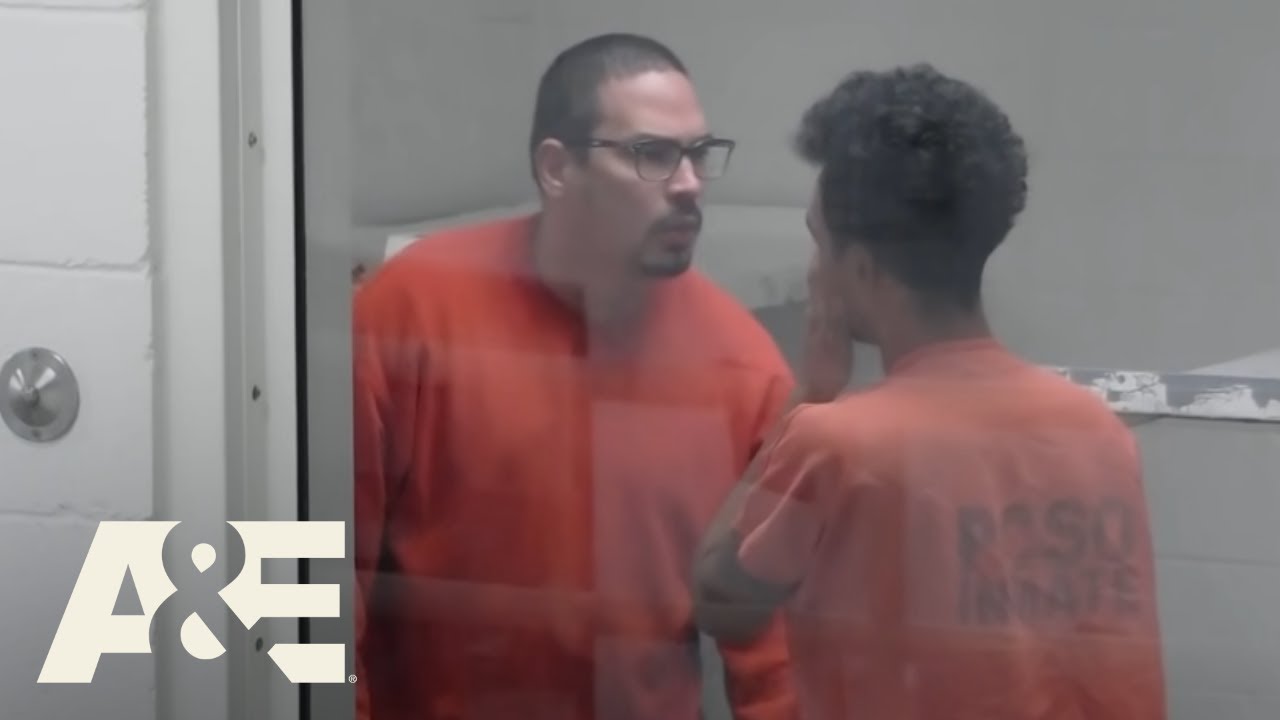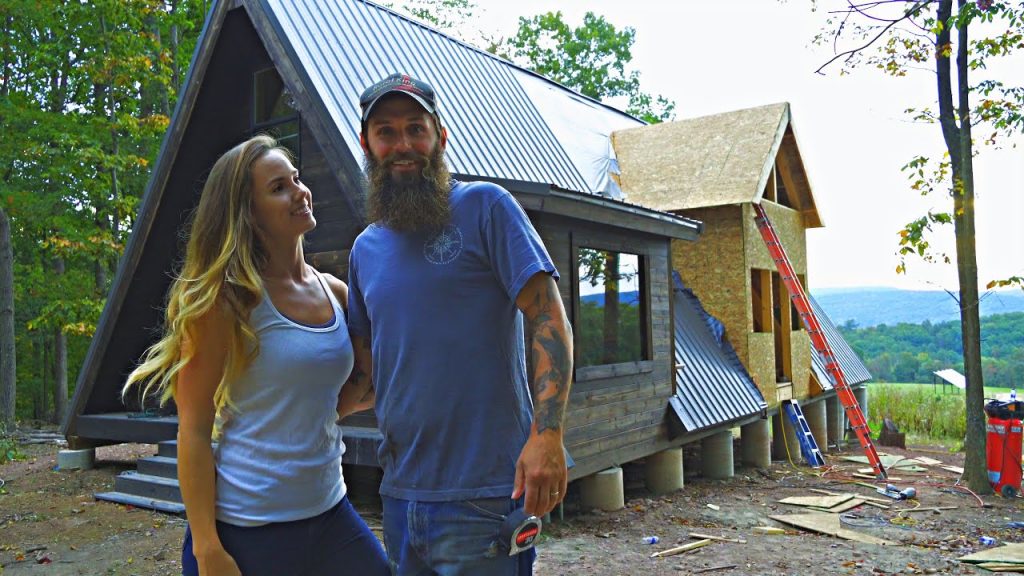60 Days In: Abner Slaps an Inmate (Season 5 Flashback)

60 Days In
Abner starts a race war that escalates to the point where he slaps a young inmate in this clip from Season 5, Episode 7, “Don’t Swing First.”
What are the ethical concerns surrounding reality TV shows that involve participants living as inmates in correctional facilities?
The reality TV show, “60 Days In” has sparked controversy yet again in a recent flashback of season 5. In the episode, Abner slaps an inmate, raising questions about the ethics of reality television and the actions of participants in the show.
For those unaware, “60 Days In” follows undercover participants who live as inmates in a correctional facility to gain insight into the prison system. Abner, a participant in season 5, found himself in a tense situation when an inmate threatened him. In response, Abner slapped the inmate, resulting in immediate backlash from viewers of the show.
Many viewers voiced their concerns over the safety of both Abner and other prisoners. Physical violence is not only unacceptable, but it also puts individuals in harm’s way. Furthermore, it raises questions about the impact of reality TV on the participants’ behaviors.
While the show aims to provide a realistic portrayal of prison life, it’s essential to ensure the safety of all parties involved. Participants may find themselves in uncomfortable situations and may not always know how to handle them, which is where the production team has a responsibility to step in and ensure the safety of everyone.
It’s crucial for reality TV to prioritize the safety and welfare of participants while still providing engaging content. The excessive focus on ratings and drama should never come at the cost of people’s safety or morality.
In conclusion, Abner’s actions in “60 Days In” season 5 raise vital questions about the ethics of reality TV and the safety of participants. While the show offers insight into the prison system, it must prioritize safety above all. It’s essential to acknowledge the impact of reality TV on individuals’ behaviors and ensure that everyone involved is safe and respected. Hopefully, the backlash from incidents like these can lead to a more responsible approach towards reality programming in the future.









NASA’s Plan to Stop an Asteroid Headed for Earth
Stunning Modern, Minimalist Tiny House
Navy SEAL Jocko Willink Breaks Down Combat Scenes From Movies
Somalia’s (Only) Popular Drug
The Hunt for a Better Gut Bacteria in Central Africa